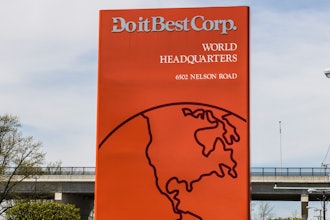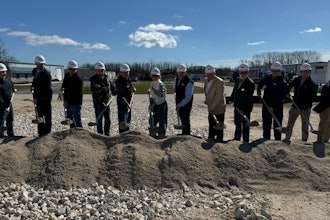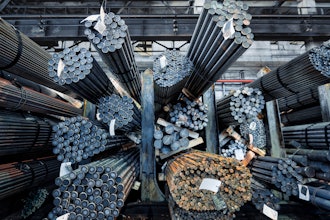On ID's sister publication, Industrial Maintenance & Plant Operation (IMPO), one of its most popular news topics regards OSHA issuing citations to manufacturers and industrial companies in general. Its readership loves to know who’s being penalized for what, and for how much. These news items are typically summarized from reports distributed by OSHA on its website. The organization has been posting at least a couple of those items every week since well before I started on the publication several years ago.
But as of today, OSHA hasn’t posted any such item since Jan. 18, two days before the inauguration of President Donald Trump.
Trump’s stance on empowering U.S. manufacturing was perhaps the biggest pillar of his campaign, and his vow to slash regulations came as music to the ears of industrial companies that felt hamstrung by tough policies the previous eight years under the Obama administration. In a White House meeting on Jan. 21 with prominent U.S. manufacturer executives, Trump said his administration hopes to cut regulations “by 75 percent, maybe more,” and reducing the nation’s corporate tax rate from 35 percent to as little as 15 percent — both aiming to make producing goods in the U.S. more attractive than offshoring.
Evidenced by its apparently-ceased citation reports, this could mean a considerably more subdued OSHA when it comes to publicly announcing fines and penalties levied against violating companies.
Safety + Health Magazine, the official magazine of the National Safety Council Congress & Expo, said legal experts disclosed that several prominent OSHA rules and proposals could be in the crosshairs of the Trump administration. The publication cited a Washington DC attorney suggesting the White House could target an OSHA rule requiring electronic submissions of workplace injuries and illnesses and prohibiting retaliation against whistleblowers. S+H noted that industry groups content that the rule is costly and unnecessary. The Trump administration could also target rules regarding silica dust exposure and disclosure of previous labor law violations in federal contract bids. Furthermore, proposals regarding combustible dust and process safety management are likely to be stopped in their tracks prior to publication.
On Jan. 30, Trump signed an executive order requiring agencies to repeal two regulations for each new one they propose. That same order also imposes a regulatory budget for fiscal 2018 that would limit the amount of new regulatory costs agencies can impose on individuals and businesses each year.
All of this sounds good for manufacturers’ in terms of minimizing finable offenses and reducing the dollar amount of those fines and penalties. It creates a climate to do business. But it certainly brings into question some safety ethics. Critics of Trump’s deregulatory measures contend they could jeopardize protection for workers, consumers and the environment. Manufacturers want a sense of flexibility for doing business domestically and keeping their production within the U.S., but they also want every employee to go home safely each day.
If these Trump administration policies indeed go into effect, we'll likely have less IMPO and ID content regarding reporting on company fines and violations, as those facts will be much harder for us to find.
What are your thoughts on the matter of deregulation and incident reporting? How will it impact your business? Leave your comments below






















